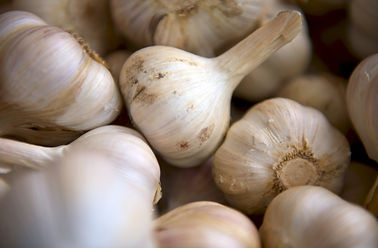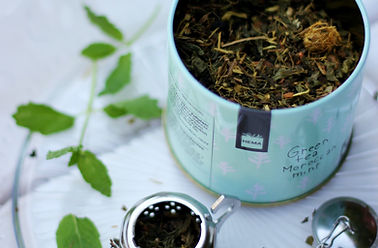

As we eat a variety of nutritional food, it would be good to keep in mind some key supplements we should consume regularly that help the immune system. If you are interested in taking supplements, below are the current findings and recommendations on some of them from a doctor friend of mine, Doctor Salem. Please be sure to consult with your doctor before taking any supplements, as recommendations vary depending on an individual's health, medical history, and medications.

Plays a vital role in immunity and has shown to be helpful with certain infections. 50-100mg should be sufficient for adults.

Plays a role in bone development and immunity. Children and adults who are deficient (< 20 ng/mL) in vitamin D may benefit from vitamin D supplements to reduce the risk of respiratory infections. It is a common vitamin deficiency that affects up to 42% of American adults. Recommend initial supplement of 600-800 international units (IU) of Vitamin D3 daily.

Not helpful for most people, although there is some evidence showing that zinc lozenges coat the throat and may reduce viral infections. The recommendation is to take 1-2 lozenges in intervals throughout the day, up to 20mg per day for adults. They should not be taken for longer than a week, as excessive zinc levels can lead to copper deficiency.

Has not been shown to be effective. There are some studies suggesting that it can reduce influenza/cold symptoms, but there is currently mixed evidence regarding its effectiveness against the coronavirus and it can possibly exacerbate symptoms.

Shown to help with certain flu/cold viruses and for preventing colds. Good in addition to a healthy diet.

Helps with sleep regulation and can be beneficial for patients with difficulties falling asleep, since 7-8 hours of sleep is a vital part of keeping your immune system healthy. The recommendation is 3-5mg at bedtime as needed.

Helps maintain a healthy bacterial composition in the stomach. There are no benefits against respiratory symptoms.

Shown to have modest anti-inflammatory effects. Curcumin has shown some effectiveness against certain viruses/colds. May be somewhat beneficial but evidence remains anecdotal.

Has not been shown to be able to kill the coronavirus. Gargling with vinegar or hot water will not be helpful. However, it is helpful for weight loss, gut health, and regulating blood sugar levels.

An antioxidant believed to be effective against cold/flu symptoms and nausea. It is also full of iron, zinc, calcium, and magnesium. Ginger has been shown to boost the respiratory system and helps with digestion.

Contains antioxidants that may fight cell damage. Although there is no evidence suggesting that it is effective against the coronavirus, green tea has been shown to improve blood flow, cholesterol, heart conditions, blood pressure, diabetes/blood sugar levels, and brain health.